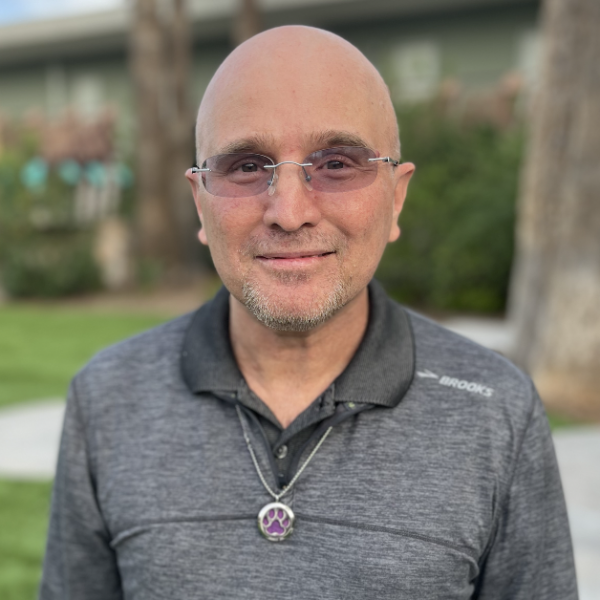Addressing Your Mental Health Needs As a Minority Diagnosed with a Rare Disease
July 6, 2023
 by Dexter Sherrell
by Dexter Sherrell
July is Minority Mental Health Awareness Month. I am honored to have the opportunity to be able to discuss and share my experiences with the mental health challenges that are often associated with being diagnosed with having a RARE disease. As many of us know, there are often many challenges with accessing needed mental healthcare for those of us who have a RARE disease. Accessing mental health care can be especially challenging for racial and ethnic minorities who also have to deal with additional challenges such as being able to access needed mental health services within our communities.
According to the Health and Human Services office of Minority Health, “In 2019, suicide was the second leading cause of death for American Indian/Alaska Natives between the ages of 10 and 34.” Adverse mental health outcomes are all too common within minority communities. There are often barriers such as a perceived stigma and a lack of awareness of resources for those minority and ethnic groups that are in need of mental health services. I am a Native American from a rural community in Georgia. I was first diagnosed with Fanconi Anemia at 45 years old. Fanconi Anemia (also known as FA) is a DNA pathway repair disease that often leads to bone marrow failure and other adverse outcomes. I had been relatively healthy for much of my adult life, so having a RARE disease diagnosis wreaked havoc on my mental health at first. I also live in a rural community that does not provide much access to specialty treatment centers for my particular disease. I am thankful for organizations such as the Fanconi Anemia Research fund (FARF) because they were able to connect me with the needed healthcare at a large cancer center that specializes in the treatment of many different types of rare diseases.
I became all too familiar with several mental health challenges after my bone marrow transplant in 2020. Not only was there a global pandemic that has caused us all to suffer both mentally and emotionally, I also started to deal with a higher level of anxiety and PTSD from the transplant and diagnosis that caused me to have panic attacks for the first time in my life. I had heard of people experiencing panic attacks, but I had not idea just how debilitating that those can be until I had personally experienced them.
Thankfully I was able to reach out and speak to others who have had similar diagnosis and experiences. To me, there is not substitute for having a sense of community and interaction with those who have similar experiences. I have been able to receive lifesaving counseling and treatment for the issues that I was suffering with. I would encourage those who are in the
minority community to be proactive and persistent in making sure that we are able to connect with the needed resources to adequately address our mental health challenges.

Stay Connected
Sign up for updates straight to your inbox.
